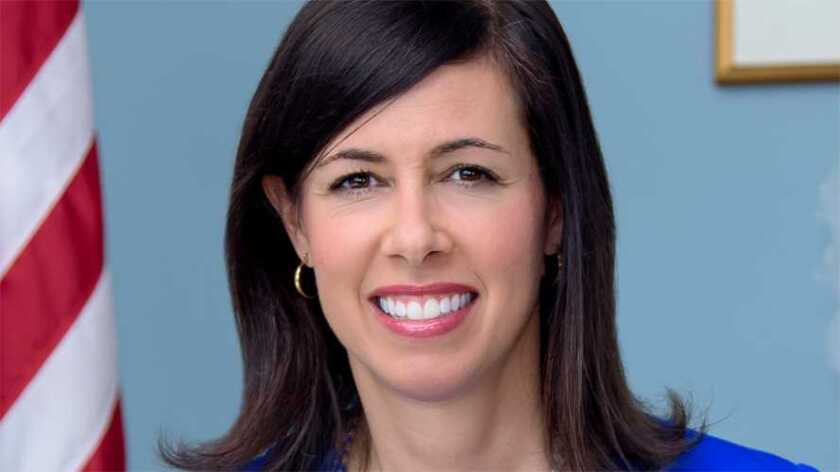The Federal Communications Commission (FCC) says it wants to create a new category of experimental licences for use of frequencies between 95GHz and 3THz – that’s radio waves with wavelengths from 3mm to only a tenth of a millimetre.
Meanwhile bidding in the FCC’s current auction, for 24GHz spectrum, has passed $1 billion. That’s in addition to the $700 million that was bid for 28GHz spectrum. And there are still more rounds to come in the 24GHz auction.
The FCC hopes that the combined auctions will make available spectrum for 5G services.
FCC chairman Ajit Pai said on plans to go even higher up the frequency bands: “The airwaves above 95GHz – extremely high-frequency, short-wavelength bands of spectrum – were previously thought to be unapproachable (in our case, for wireless applications).” He added: “However, recent evolutions in technology have led us to look to these ‘spectrum horizons’ for new services and applications, such as personal health monitoring systems, see-in-the dark imaging, and centimeter-level position.”
The FCC will allocate 21GHz of spectrum within these bands for unlicensed use and “we create a new category of experimental licenses”, said Pai.
Jessica Rosenworcel (pictured), one of the two Democratic party commissioners on the FCC, welcomed the move but called for everything above 95GHz to be unlicensed. “At the upper bounds, signals over these airwaves may not travel much further than from one end of this dais to the other before losing their strength,” she said.
“I do not believe that this order gets it quite right when it suggests that the frequencies above 95 GHz are suitable for licensed use. … I believe that with these way-up-there frequencies, where the potential for interference is so low, we should flip the script. The burden should be on those seeking exclusive licences to demonstrate the interference case and justify why we should carve up an otherwise open space for innovation and experimentation.”
The FCC said it wanted to “give innovators the flexibility to conduct experiments lasting up to 10 years, and to more easily market equipment during the experimental period”.
Pai said: “These steps are groundbreaking, but I’m confident that there will be more ground to break. We will continue to watch the development of spectrum horizons, including for potential non-experimental, licensed uses of spectrum above 95GHz in the future. And we will continue to act boldly so that the United States continues to lead the world in wireless innovation.”
Rosenworcel called this “the far frontier of spectrum policy”.






